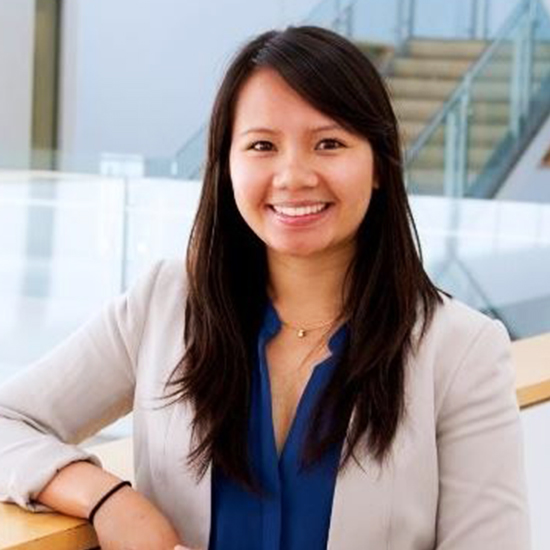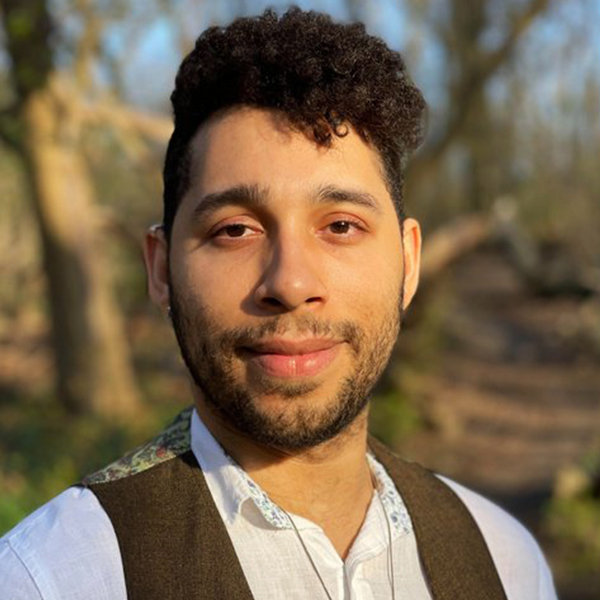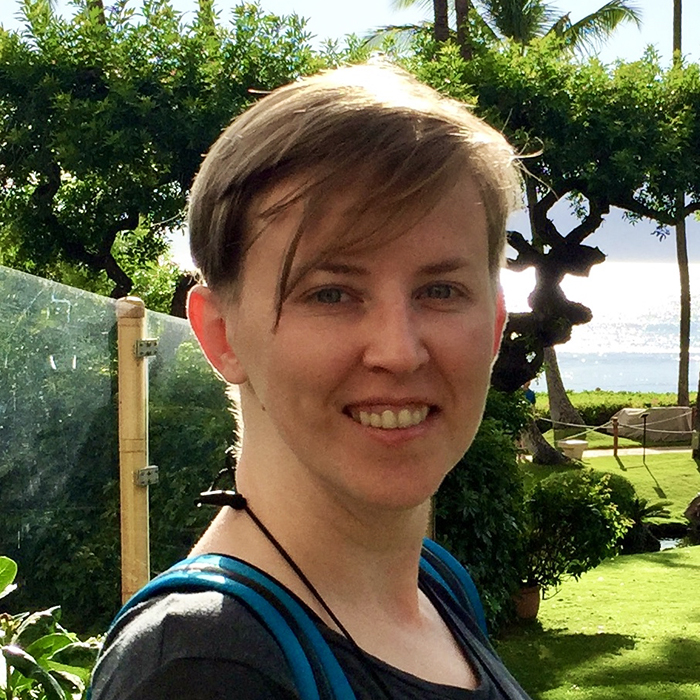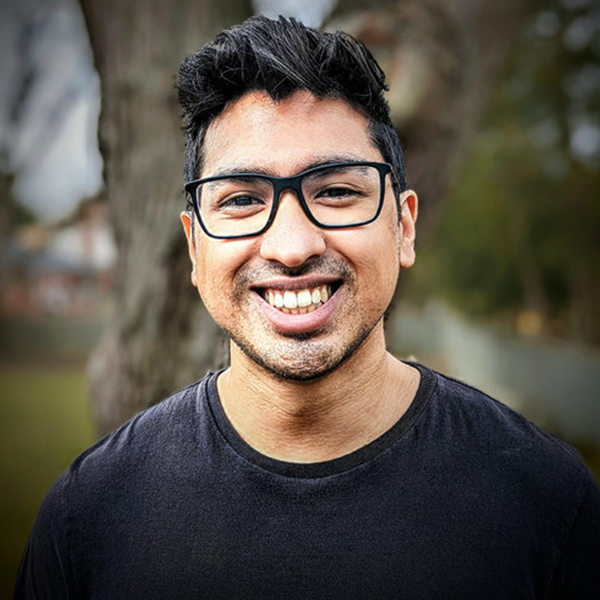Grad school is a place where passion can turn into ground-breaking discoveries and creative solutions to global issues. The Faculty of Graduate Studies (FGS) is proud to support this cutting-edge research performed by our diverse body of students. From environmental sustainability to innovative solutions to societal change, these York scholars and researchers are undertaking projects that can lead to real-world impacts and public good.
Paula Tablon Modica, a master’s student in Public Policy, Administration and Law, explores the experiences of autistic adults and caregivers in the Autism Mental Health Literacy Project (AM-HeLP). The guides created by AM-HeLP emphasise that societal acceptance and appreciation of autism is critical for better support and well-being of Autistic adults. Her visionary research can lead to societal changes in improving mental health care services in Canada.
“I hope that my research really can aid in the planning or the development of future mental health services and programs and also to build policies that build capacity and promote effective collaborations with stakeholders to better address unmet needs in society,” says Tablon Modica of the project. Her research highlights how vital it is to be an ally to marginalized groups and advocate for their voices to be heard.

Paula Tablon Modica
Jordan Bentley is a PhD candidate in the Department of Chemistry, who is exploring the use of non-metal catalysts as more sustainable alternatives of the future. His project creates a positive impact on a global scale by advocating for a greener chemical industry. Jordan is thinking outside the box with his research by opposing traditions in the field. Previously, scientists used metal catalysts to form unique bond activations and lower the energetic barriers that enabled these transformations, but Bentley is proposing that some organic materials can also do this.
The research that Bentley is undertaking has prepared him for a meaningful career in research. Whether it is going to be inside or outside of academia, his enthusiasm for the field will aid him in generating a more sustainable future for generations to come. “My passion has always been in energy research especially on the chemical end,” says Bentley. “I’ve always loved to get my hands dirty and really understand how things work even from a young age.”

Jordan Bentley
Iuliia Kotseruba is a third year PhD student at the Department of Electrical Engineering and Computer Science. She is conducting multi-disciplinary research combining psychology, vision science and computer vision in order to understand drivers’ driving patterns. This cutting-edge work aims to build better driving assistance systems that can warn drivers and direct them to the things that they should be paying attention to on the road. By building these healthy driving patterns, this visionary research can ultimately save lives.
Kotseruba’s program provided the necessary interdisciplinary opportunities to make this research possible, “I felt very fortunate to be exposed to many many works that give me a lot of ideas that I couldn't think of just staying within computer vision,” says Kotseruba. Through venturing outside of her direct field, Kotseruba has the potential to create global impacts.

Iuliia Kotseruba
The virtual classroom has become a real-life research project for Noah Khan, a master's student in Education. His research is very timely as it deals with technology in education and its pedagogical, ethical and political consequences. His innovative project questions how specific identities engage differently with the multitudes of functions of Zoom and other platforms that are being used for virtual classrooms.
“I think that the resulting pedagogies coming from my project will seek to inform curriculum design and teaching design and how we go about engaging in teaching in the virtual classroom,” says Khan of the potential contributions that his project can have on the future of education.

Noah Khan
